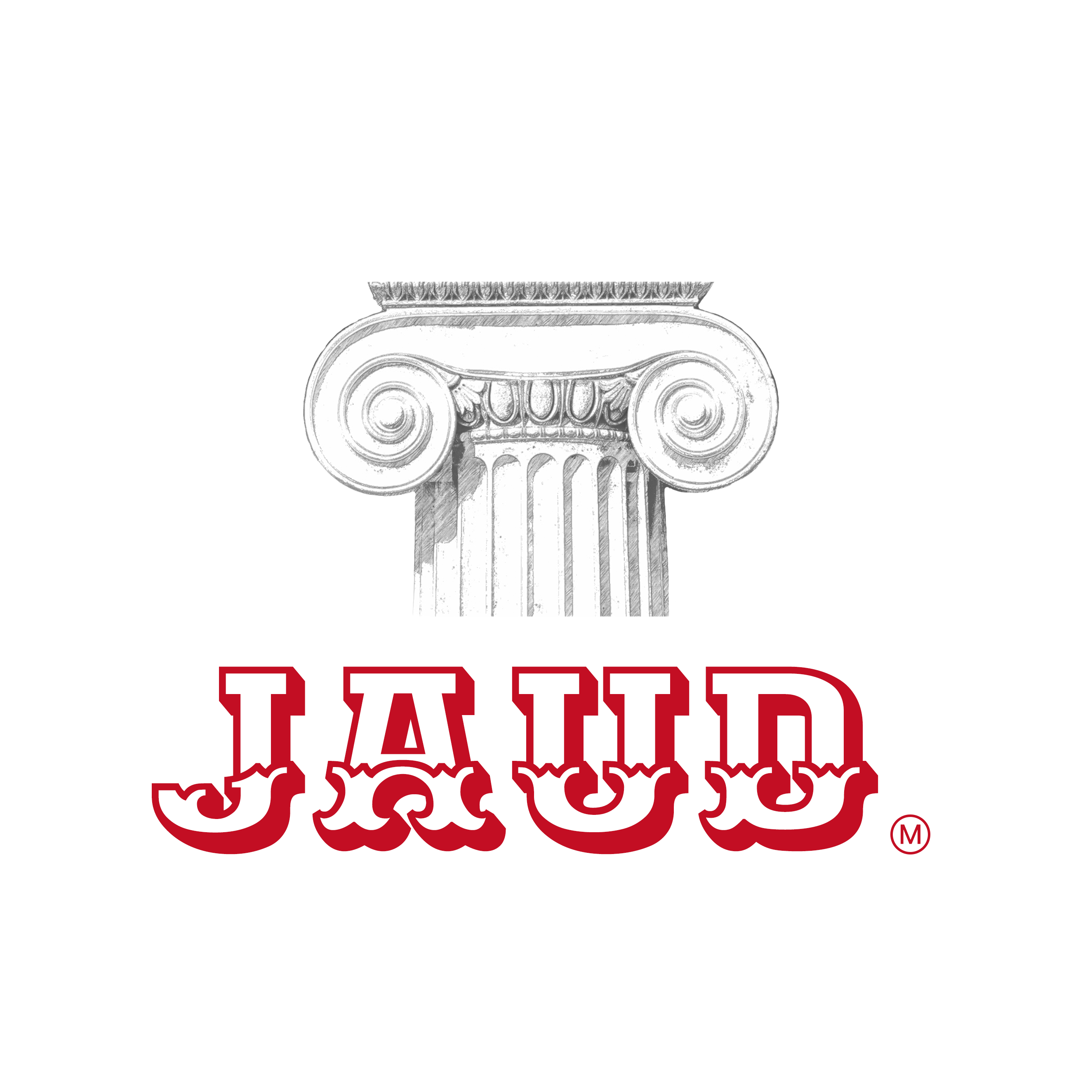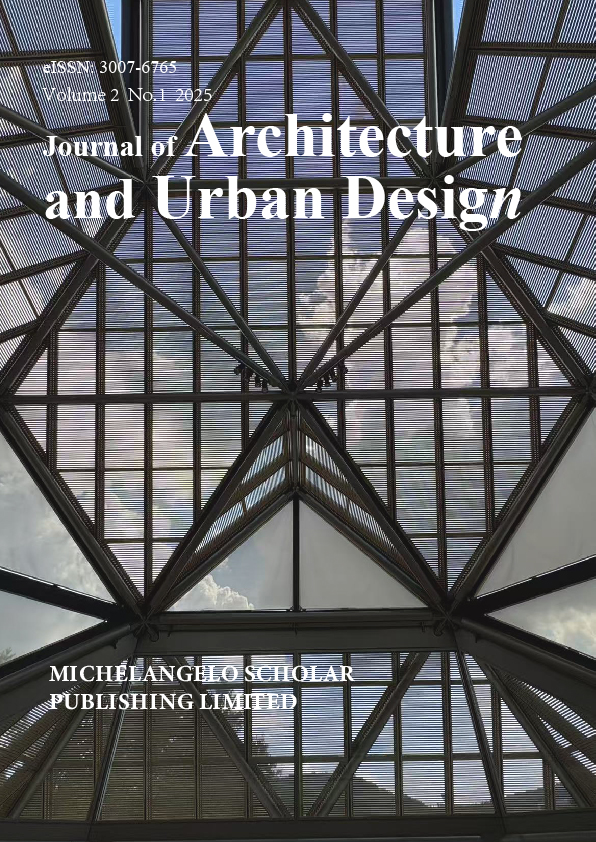Research Domains
The Journal of Architecture and Urban Design (JAUD) encompasses a broad spectrum of research domains that reflect the multifaceted nature of contemporary architectural and urban discourse. These interconnected knowledge areas collectively address the complex challenges facing our built environment while advancing theoretical frameworks and practical applications across the field. The journal's editorial approach recognizes the importance of both depth within specialized areas and breadth across emerging transdisciplinary territories.
Sustainable Urban Design
Research in this domain explores ecological approaches to urban development, focusing on resource efficiency, environmental performance, and regenerative design strategies. This includes investigations into urban metabolism, green infrastructure networks, and biophilic design principles that enhance the symbiotic relationship between natural systems and built environments. Recent contributions have examined carbon-neutral district planning, water-sensitive urban design, and climate resilience strategies that respond to increasing environmental pressures. The domain also encompasses research on post-carbon cities, circular economy principles in urban development, and nature-based solutions that address biodiversity loss while improving the quality of life for urban residents.
Architectural Theory and Criticism
This domain encompasses critical analysis of architectural ideas, historical and contemporary discourse, philosophical approaches to space, and theoretical frameworks that inform design thinking. It embraces diverse critical perspectives, including phenomenology, post-structuralism, and emerging theoretical paradigms that challenge the conventional understanding of architectural production. Scholarship in this area often examines the socio-political dimensions of architecture, questions of representation and meaning, and the evolving relationship between theory and practice in contemporary design culture. The domain also includes historiographical research that reexamines canonical works and recovers marginalized voices, contributing to a more inclusive architectural discourse that acknowledges diverse cultural contributions.
Urban Planning and Development
Research in this area addresses comprehensive approaches to city-making, including land use strategies, transportation networks, public space systems, and regulatory frameworks. It examines how planning decisions shape urban form, social dynamics, and economic vitality while considering questions of governance, policy implementation, and stakeholder engagement. Contemporary research explores strategic approaches to urban densification, mixed-use development models, and transit-oriented planning that promotes sustainable mobility patterns. The domain also encompasses investigations of informal urbanization processes, community-based planning methodologies, and spatial justice concerns that highlight the ethical dimensions of urban development in diverse global contexts.
Technological Innovations in Design
This domain investigates emerging technologies and their applications in architectural practice, from computational design tools and digital fabrication to building systems and smart city infrastructure. It explores how technological advancement transforms design processes, material applications, construction techniques, and performance optimization. Recent scholarship has examined parametric design methodologies, artificial intelligence applications in spatial analysis, robotics in construction, and responsive building envelopes that adapt to environmental conditions. The domain also addresses critical perspectives on technology, including questions of accessibility, digital equity, and the human dimensions of increasingly automated design and construction processes.
Social and Cultural Dimensions of Space
This research domain examines how built environments reflect and shape social relations, cultural practices, and collective identities. It includes investigations of spatial politics, everyday urbanism, place-making processes, and the experiential qualities of architectural and urban spaces. Scholarship in this area often employs ethnographic methods, participatory research approaches, and phenomenological analyses to understand the lived experience of spatial environments across diverse populations. The domain encompasses research on spatial justice, inclusive design, cultural heritage preservation, and the ways architectural and urban forms embody and transmit social values across generations.
Health-Centered Environmental Design
Emerging as a critical area of investigation, this domain explores the relationship between built environments and human health outcomes. Research examines how spatial configurations, material selections, environmental qualities, and urban patterns influence both physical and psychological well-being. Recent contributions have investigated evidence-based healthcare design, therapeutic landscapes, active design strategies that promote physical movement, and restorative environments that reduce stress and support mental health. The COVID-19 pandemic has intensified research interest in this domain, generating new investigations of spatial adaptations that enhance resilience against airborne pathogens while maintaining social connectivity.
Transnational and Comparative Urban Studies
This domain examines architectural and urban phenomena across national boundaries, cultural contexts, and geographic regions. It includes comparative analyses of urban morphologies, governance systems, design approaches, and spatial practices that illuminate both commonalities and divergences in global urbanization processes. Research in this area often challenges Western-centric narratives by examining multiple modernities, indigenous spatial knowledge, and alternative development paradigms that expand our understanding of architectural and urban possibilities. The domain also addresses questions of cultural transfer, adaptation of design models across contexts, and the complex interplay between global forces and local conditions in shaping contemporary built environments.
Beyond these core domains, JAUD also publishes significant research in architectural pedagogy, housing studies, landscape urbanism, and digital heritage conservation. Our interdisciplinary approach encourages connections between these domains, recognizing that the most innovative research often emerges at the intersections of established knowledge areas. The journal actively fosters scholarly conversations that bridge traditionally separate fields, creating productive dialogues between researchers, practitioners, and educators working across the spectrum of environmental design disciplines.
The journal particularly values research that addresses contemporary global challenges through these domains, including climate adaptation, housing affordability, post-pandemic spatial reconfiguration, and cultural identity in an increasingly homogenized built environment. Emerging research themes include just transitions toward sustainable cities, adaptive reuse strategies for obsolete urban infrastructure, temporality and impermanence in architectural thinking, and decolonial approaches to spatial production that challenge established power structures. By cultivating expertise across these diverse research territories, JAUD contributes to a robust knowledge ecosystem that advances both the theoretical foundations and practical applications of architectural and urban design.
Authors are encouraged to consider these research domains as permeable categories rather than rigid classifications. Many significant contributions span multiple domains, bringing together diverse methodological approaches, theoretical frameworks, and empirical investigations to address complex spatial questions. This intellectual fluidity represents the evolving nature of architectural and urban design scholarship in response to rapidly changing technological, environmental, and social conditions across the globe.




